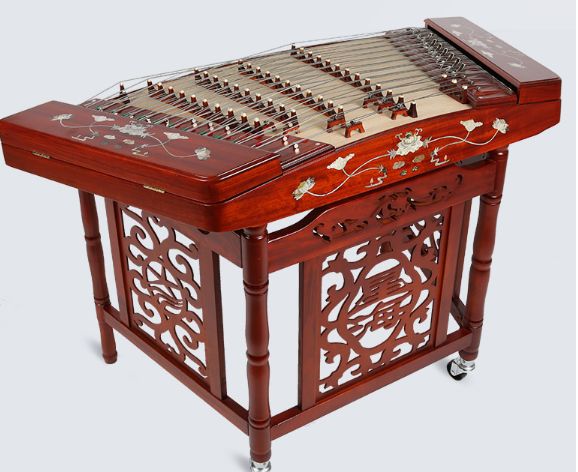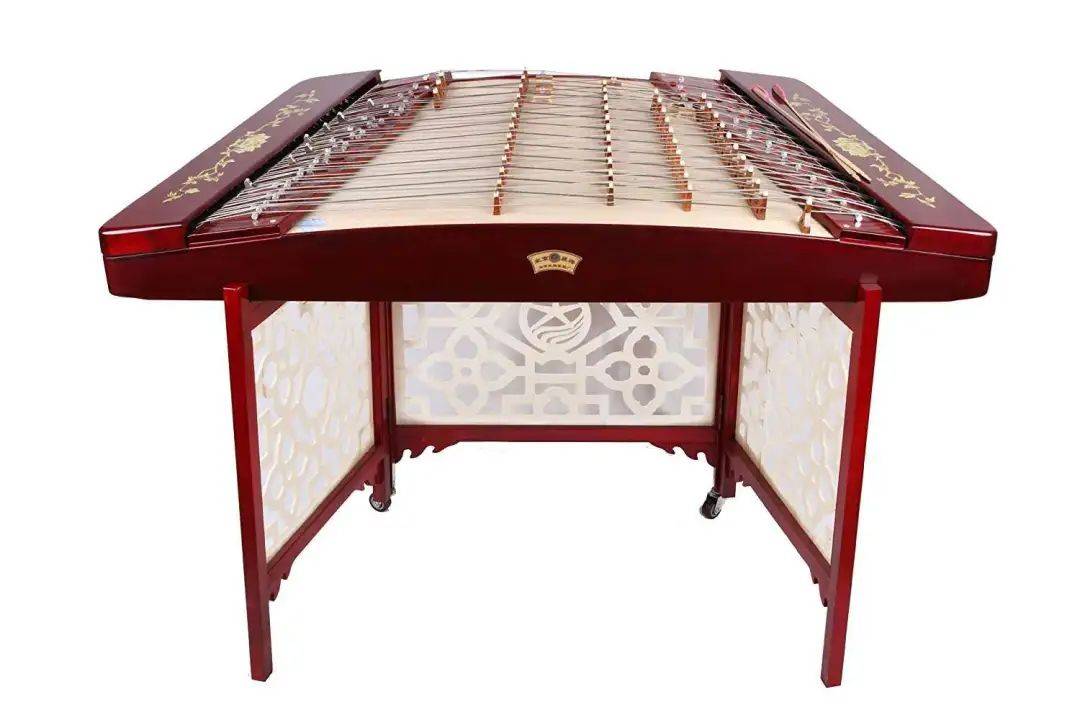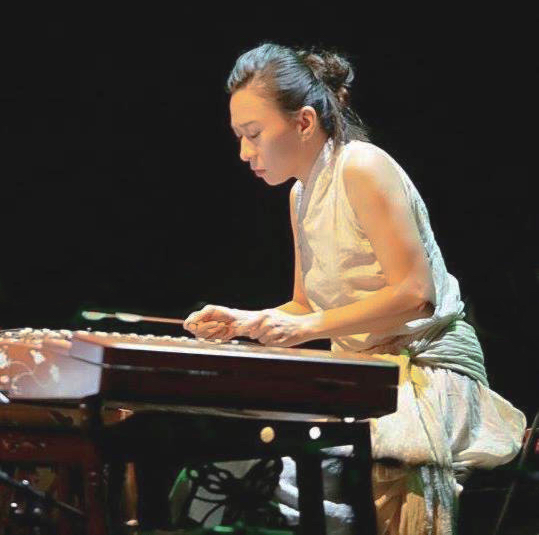8pm Saturday June 25, 2022
TAIWANESE MUSIC meets JAZZ on the YANGQIN (Chinese hammered dulcimer),
featuring Yaping Wang (Taiwan/France) & guests
2022年6月25日星期六晚上8點
【台灣音樂與爵士樂的對話】-
揚琴演奏家王雅平(台灣/法國)與溫哥華樂手
Annex Theatre, Vancouver
王雅平音樂會曲目,首先是她自己的獨奏作品,除了融入即興演奏,並使用電腦軟體將傳統中國揚琴的音色豐富、變化。接著是旋律優美的揚琴、豎琴、二胡三重奏,演出溫哥華作曲家Mark Armanini的作品“Scented Flowers”,三個樂章包括茉莉花、黑梅、太陽花,由Albertina Chan擔任豎琴演奏,以及董籃演奏二胡。Mark的創作多為中西樂器混合編制,此曲以揚琴的擊弦、豎琴的彈奏,織出飽滿的和聲,配合二胡如歌的拉奏,充分發揮每件樂器的特色。下半場的節目是與爵士音樂家小號手John Korsrud和貝斯手Tommy Babin的三重奏,演奏王雅平自己的創作與改編曲目,使用台灣音樂素材,例如阿美族勇士歌、台語歌曲月夜愁、客家瑪蘭山歌、台灣民謠桃花過渡。
Yaping Wang makes her Canadian debut with a diverse program. Her solo work employs electronic processing on the traditional Chinese hammered dulcimer. Wang`s compositions for jazz trio with Vancouver trumpeter John Korsrud and bassist Tommy Babin draw influence from her Taiwanese musical roots. She will also perform with harpist Albertina Chan and erhu player Lan Tung in the delicate and graceful work `Scented Flowers` by Vancouver composer Mark Armanini.
BUY TICKETS 購票
Ticket for June 24 or 25 Concert:
Early Bird (purchase by May 31, 2022): $19.99 regular, $15 students/seniors/children
From June 1, $25 regular, $19.99 students/seniors/children
Festival Pass for June 24 & 25 concerts: $39.98 regular, $30 students/seniors/children
單場門票:
早鳥優惠價 (5月31日前),普通票 $19.99, 學生/長者/兒童 $15
6月1日起,普通票 $25, 學生/長者/兒童 $19.99
6月24、25日兩場音樂會聯票: 普通票 $39.98,學生/長者/兒童
Yaping Wang will also appear at the “Song of Joy” Music Jam at 3pm on June 26 at the Annex. Bring your musical instruments and open ears to this fun free event.
Thank you to the Taiwanese Canadian Cultural Society for hosting Yaping Wang during the festival.
感謝溫哥華台加文化協會贊助王雅平於溫哥華期間的住宿
click on the photo to open the link for high resolution download
Yaping Wang with her band in Paris
揚琴源於中亞地區的「桑图尔」(santur),後流傳到歐洲、北美洲及大洋洲等地,發展出不同大小、弦數、音調的樂器,包括「德西马」(dulcimer)、「欽巴龍」、「哈克布列特」(hackbrett)及「薩泰里」等。中國的揚琴起源尚未有定論,但普遍認同在明朝時經海路傳進中國的說法。現代常用的中國揚琴有五排琴橋,上有144條弦,雙手持「琴竹」擊奏。

王雅平 – 揚琴演奏家
來自台灣,目前旅居巴黎,王雅平的演奏風格多元,並受多元文化的沖擊。王雅平不斷在傳統音樂的基礎上探索新色彩,並擷取由演出環境、同台音樂家互動帶來的靈感。她的演奏涵蓋探戈、爵士、搖滾、電子、當代、巴洛克、古典、中東吉普賽爵士樂等風格,並與許多國家的樂團有著密切的合作。作為一名活躍的即興音樂演奏家,她參加了許多歐洲著名音樂節,是法國國家廣播音樂會的常客,並且是法國國家吉美博物館最常邀約的音樂家之一 。做為作曲家,王雅平經常收到邀稿合作, 包括台灣國家史前博物館、台北市立國樂團樂團、高雄國家衛武營、巴黎華語電影節、巴黎市立劇院的創作委託。2019年由 她創作和演奏的« Melody de Ceylan » 電影配樂,獲選加爾各答電影節及【Les Rimbaud ducinéma】國際電影節參賽片。雅平畢業於國立臺灣藝術大學(簡稱臺藝大,原名國立藝專),之後赴美研習作曲,取得紐約州立大學碩士。
The yangqin originated in Central Asia, from the instrument santur, which was introduced to Europe and North America and developed into different sizes and number of strings. The family of hammered dulcimers are played in Iraq, India, Iran, Southwest Asia, China, Korea, and parts of Southeast Asia, Central Europe (Hungary, Slovenia, Romania, Slovakia, Poland, Czech Republic, Switzerland (particularly Appenzell), Austria and Bavaria), the Balkans, Eastern Europe (Ukraine and Belarus), and Scandinavia. The instrument is also played in the United Kingdom (Wales, East Anglia, Northumbria), and the US, where its traditional use in folk music saw a notable revival in the late 20th century. Contemporary yangqin has five sets of bridges and over 140 strings.


